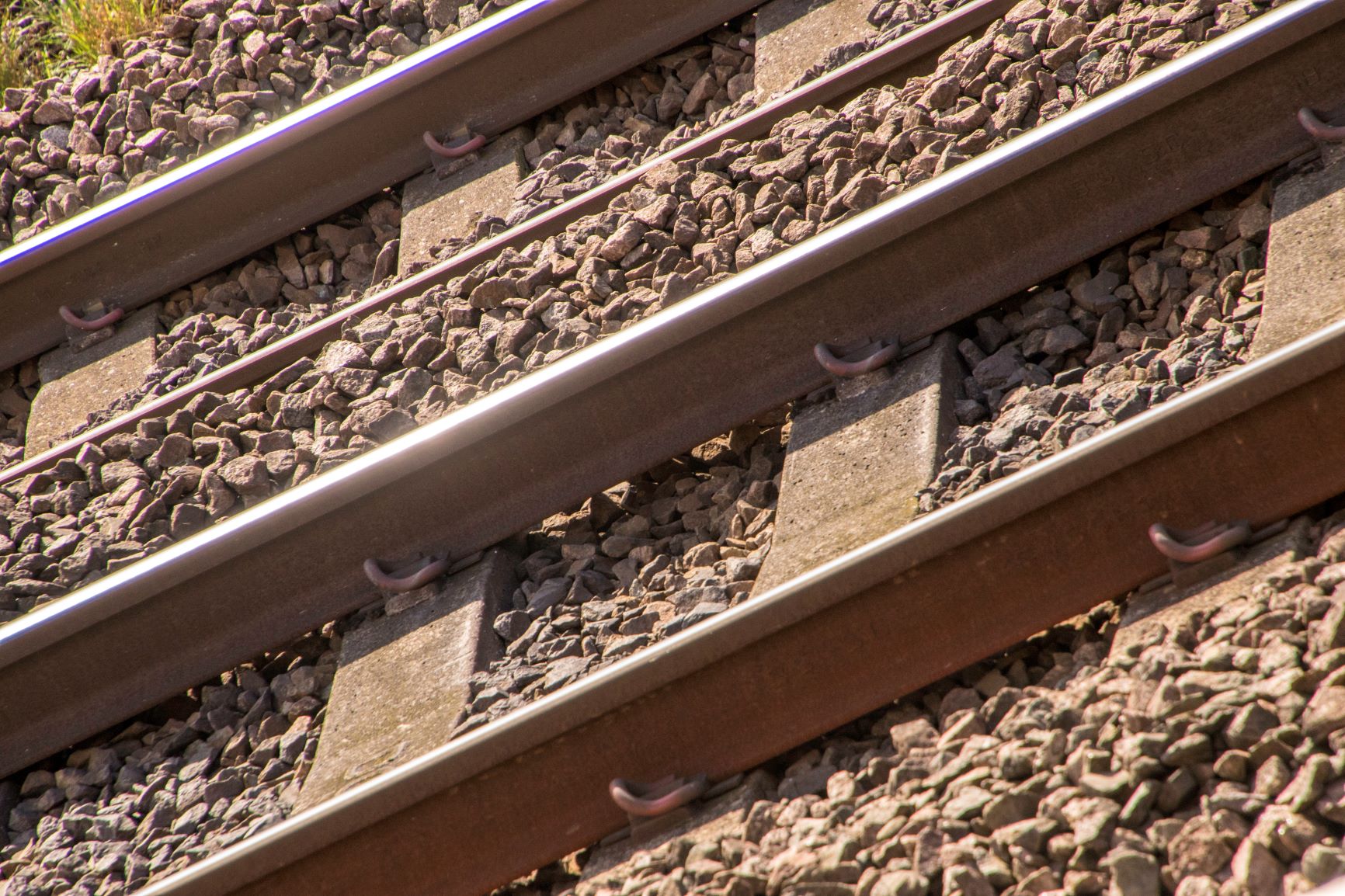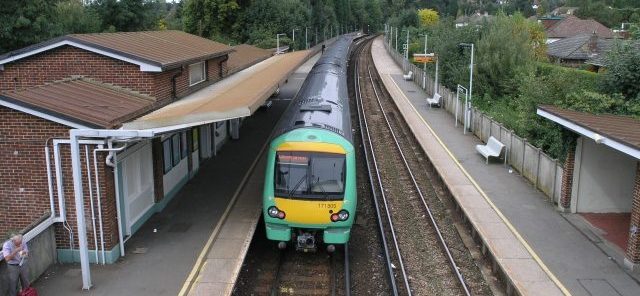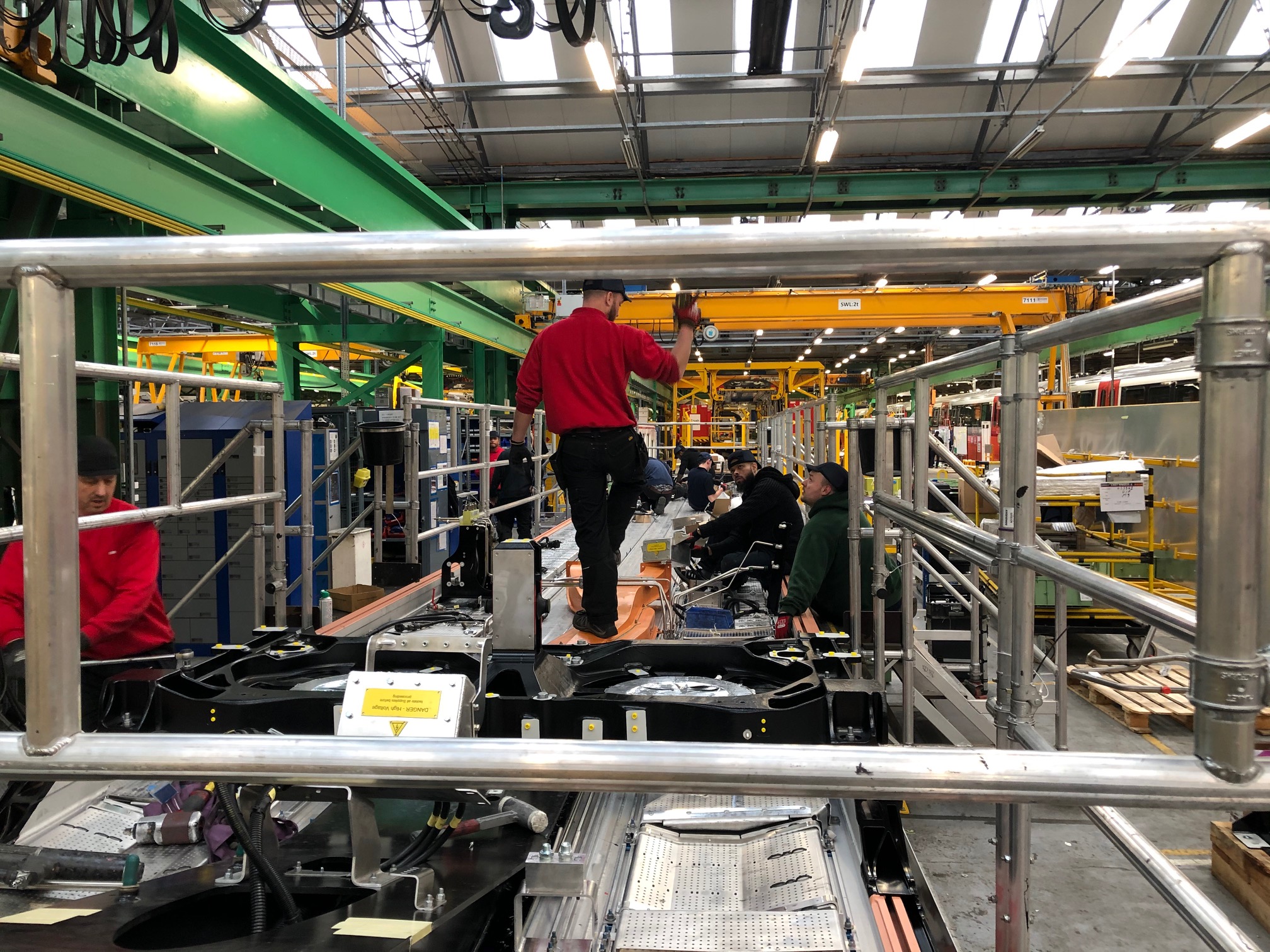‘On passengers’ side’
Commuters will see regulated rail fares fall by a third under a future Labour government, as the party announced its latest pledge to cut the cost of transport.
The 33 per cent cut from January will save the average commuter just over ÂŁ1000 a year, Labour announced on Monday (December 2), with part-time workers to benefit from separate â€fair fare’ guarantees, ensuring they pay no more per journey than those who travel five days a week.
Young people 16 and under will travel on rail for free under Labour’s proposals. And in an effort to simplify the overly complex and fragmented system that exists now, Labour will deliver a single, London-style ticketing system across the entire nation as part of its plans to integrate the railways and bring them back under public ownership.
An analysis from the Independent found that that if Labour’s proposals were implemented, the cost of some journeys would plummet by 75 per cent or more.
Crucially, Labour has pledged to cut the cost of single peak fares to one-tenth of the price of a one-week season ticket, meaning in practice the price drop would be substantial on many journeys once the 33 per cent fare reduction is implemented.
One example is the cost of a one-way peak ticket from Brighton to London Victoria – currently the price is £27.50, a price that would fall to £7.50 under Labour’s plans. A single peak ticket from Durham to Newcastle would fall from £7.50 to £1.70, a 76 per cent reduction, while a single ticket from Liverpool to Manchester – now £15 – would fall to just £3.95.
As with all of Labour’s policies, their plan to reduce rail fares has been fully costed and will be funded by revenues collected from the vehicle excise duty.
The latest policy pledge from Labour comes just as train operators announced an inflation-busting 2.7 per cent hike in fares from January next year, which was slammed by consumer groups.
“January’s above-inflation fare rise will no doubt leave passengers dismayed after years of appalling service,” said Campaign for Better Transport.
Unveiling Labour’s plan to slash rail fares, Labour party leader Jeremy Corbyn said, “Travelling by train is my favourite way of getting around the country but for too long a fragmented and privatised rail system has ripped-off passengers.
“Taking back control of our railways is the only way to bring down fares and create a railway network that is fit for the future,” he added.
“Labour will bring about real change on the railways because we are on the side of passengers.”
Labour’s shadow transport secretary Andy McDonald highlighted that privatisation “has created one of the most complex, exploitative and expensive ticketing systems in the world”.
“Labour will scrap the bewildering and outdated fares and ticketing system that discriminates against part-time workers, discourages rail travel and excludes the young and low paid,” he said.
“Labour is on the side of passengers which is why we will introduce a simpler, fairer and more affordable system for all, integrated with other forms of public transport. Rail passengers who want to save hundreds or thousands of pounds next year need to vote Labour on 12th December. Labour will deliver a railway in public ownership for the many, not the few.”
Unite national officer for rail Harish Patel welcomed Labour’s latest announcement.
“This is a common sense policy that reverses years of rail fare increases that are among the highest in all of Europe,” he said. “Working people have been doubly hit by both low wages and the sky-high cost of living, driven in large part by a government bent on privatisation at all costs.
“In particular we welcome the pledge from Labour to protect part-time workers. At a time when gig economy workers are being shafted by zero- and short-hours contracts, they need those rail fare guarantees so that they aren’t unfairly penalised,” Patel added.
“Not only will reducing rail fares provide immediate relief for cash-strapped commuters who depend on rail transport to travel to work, but it will also have far more wide-reaching impacts – from reducing carbon emissions to bolstering the economy and more.”
 Like
Like Follow
Follow


